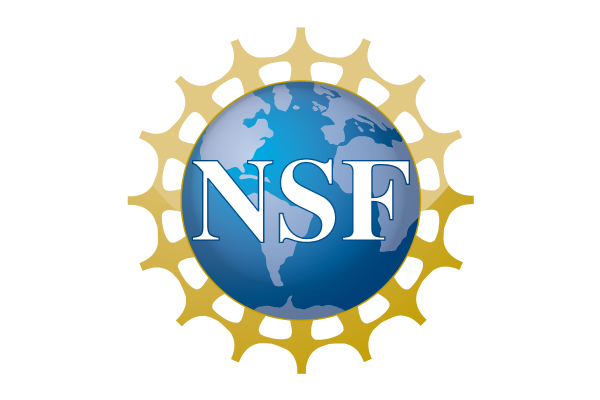NSF Grants to Study the Future of Work, Human-Technology Interaction
Opportunity supports exploration of changing interactions between humans and technology

The National Science Foundation’s (NSF) Future of Work at the Human-Technology Frontier program has issued a new grant opportunity that supports research seeking to understand the risk, benefits and impact of human-technology interaction on workers and the work environment more broadly.
This funding opportunity is part of the NSF’s Big Ideas strategy. In 2016, NSF unveiled 10 long-term research ideas to advance investment in science and engineering. The Future of Work at the Human-Technology Frontier is one of these Big Ideas.
According to NSF, the nature of work and the landscape of jobs are changing. The increasing importance of computer science and engineering means that technology has become more prevalent in everyday work; NSF seeks to support a body of research to address these changes. Important areas of research include, but are not limited to, job loss to automation, algorithmic bias, dependency on technology, and the erosion of human knowledge and skill. These areas can be addressed by psychological scientists and behavioral scientists more broadly.
The Future of Work at the Human-Technology Frontier program has four specific objectives:
- Facilitate convergent research that employs the joint perspectives, methods, and knowledge of the behavioral, social, and economic sciences; computer science; design; engineering; learning sciences; and research on education and workforce training;
- Encourage the development of a research community dedicated to designing intelligent technologies and work organization and modes inspired by their positive impact on individual workers, the work at hand, the way people learn and adapt to technological change, creative and supportive workplaces, and benefits for social, economic, educational, and environmental systems at different scales;
- Promote deeper basic understanding of the interdependent human-technology partnership to advance societal needs by advancing design of intelligent work technologies that operate in harmony with human workers; and
- Understand, anticipate, and explore ways of mitigating potential risks arising from future work at the human-technology frontier.
Psychological scientists who can contribute to the objectives of this program should consider submitting a research proposal. Proposals are due March 9, 2020.





APS regularly opens certain online articles for discussion on our website. Effective February 2021, you must be a logged-in APS member to post comments. By posting a comment, you agree to our Community Guidelines and the display of your profile information, including your name and affiliation. Any opinions, findings, conclusions, or recommendations present in article comments are those of the writers and do not necessarily reflect the views of APS or the article’s author. For more information, please see our Community Guidelines.
Please login with your APS account to comment.